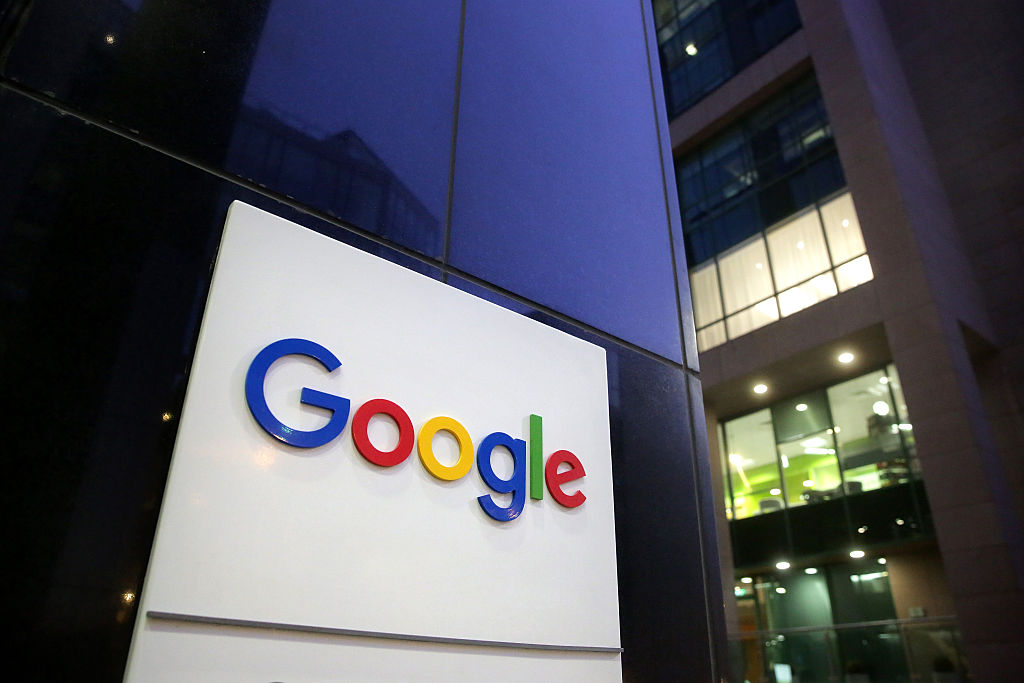The European Court of Justice (ECJ) has ordered both Apple and Google to hand over billions of euros in fines and unpaid tax revenue in two separate rulings.
Both judgments on September 10 have been celebrated by the European Commission, which has been pressuring US Big Tech in recent years with its competition rules and bespoke tech regulation.
The larger of the two rulings was against Apple, with the ECJ finding in favour of the EC’s claim that the company had illegally benefited from a “sweetheart” tax arrangement with the Irish Government between 1991 and 2014.
Overturning a previous General Court ruling in favour of both Apple and the Irish State, the court ruled that Apple “received tax advantages that constituted State aid granted by Ireland” valued at around €13 billion.
As a result, the company will now be forced to hand back the cash — which has been sitting in an escrow account since 2016 — to the Irish State, with the ECJ adding that its decision on the issue was “final”.
The court also upheld another EC case against Google, with the body backing Brussels’ decision to hand the firm a €2.4 billion fine over its “abuse” of its market position via the promotion of its own shopping service.
Judges agreed with the EC’s assessment that “Google had given preference, on its general search results pages, to the results of its own comparison shopping service over those of competing comparison shopping services”.
“The Court of Justice recalls that EU law does not sanction the existence per se of a dominant position, but only the abusive exploitation thereof. In particular, the conduct of undertakings in a dominant position that has the effect of hindering competition on the merits and is thus likely to cause harm to individual undertakings and consumers is prohibited,” it said.
Apple has once again adjusted its App Store rules amid ongoing pressure from the European Union. https://t.co/IddI23I7Hd
— Brussels Signal (@brusselssignal) August 9, 2024
The EC welcomed the two rulings, with many Eurocrats describing them as a “victory” for the bloc.
“Today marks a step forward. And it’s encouraging. It is encouraging for us to do more,” competition tsar Margrethe Vestager said in a press release on September 10.
“The Commission will continue its work on harmful tax competition and aggressive tax planning. Both in terms of legislative proposals and enforcement. We will implement what we have decided.”
Others have warned the rulings could have a chilling effect on EU markets, with the impact of the Apple decision in particular raising questions as to the future of non-EU foreign direct investment in Ireland.
“The Socialists parties in Ireland are practically wetting themselves with excitement, oblivious to the fact that this is actually terrible news for the country,” commentator and former MEP candidate Niall Boylan wrote on social media.
“The government never wanted to win this case, as it sends a bad message to foreign investors. Investors who contribute over €30 billion to our economy in corporate tax.
“If we start losing major foreign investments or tech giants because of this ruling, we’re financially doomed,” he added.
Ireland is reportedly probing the legality of the European Union trade agreement with Israel ahead of a European Council meeting in September. https://t.co/WsXf9qGyYo
— Brussels Signal (@brusselssignal) September 2, 2024





